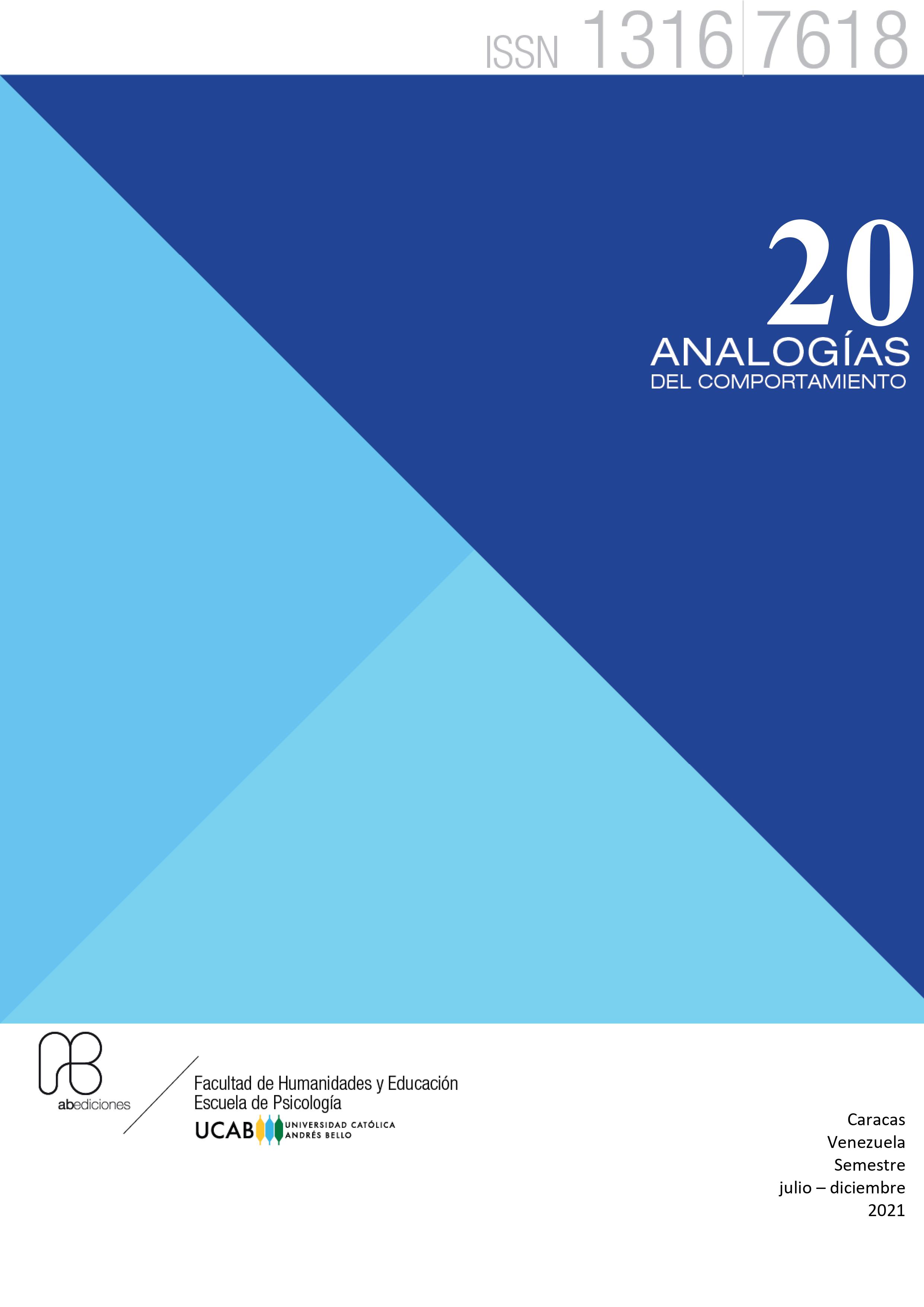Mental health indicators of a sample of carabobeños in the context of the COVID-19 pandemic
Abstract
The COVID-19 pandemic represents a challenge for mental health due to the multidimensional impact it has had on society. Pandemics are known to affect psychological well-being and contribute to increased levels of stress and anxiety in the population. The purpose of this research was to describe the mental health indicators in a sample of the Carabobo population (Venezuela) in the context of the COVID-19 pandemic. In this quantitative study, descriptive level and non-experimental design, the participation of a sample of 558 carabobeños was obtained, who were surveyed in digital format, between May 2020 and March 2021, with the Self-Report Questionnaire (OPS, 1983); the data were analyzed using descriptive statistics. The mental health indicators most affected in the sample were: feeling nervous, tense or bored (53.68%); sleep poorly (44.26%); having lost interest in things (40.14%); feeling sad (39.42%) and getting tired easily (39.42%). The research results are consistent with studies conducted in Asia, and America. It is considered that the description of these indicators is important for the design of public mental health policies.
Keywords: Mental Health, COVID-19, Stress, Depression, Anxiety



